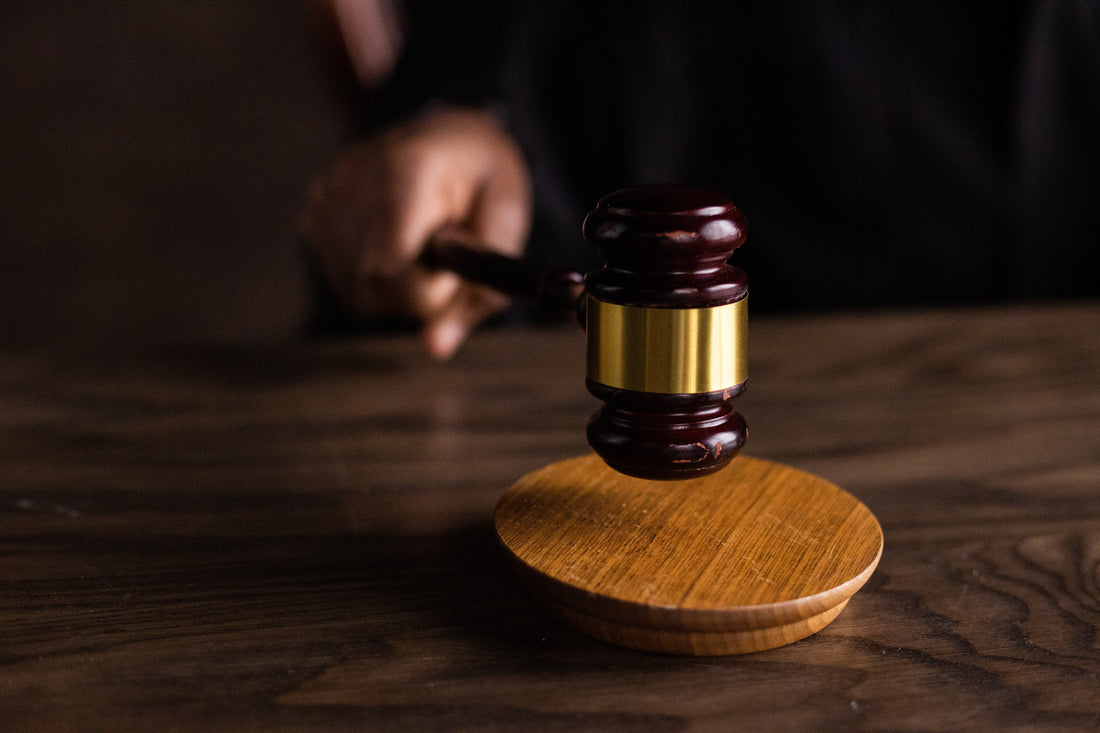
The Impact of the Supreme Court's Decision and the Resilience of HBCUs
Share
Recently, the Supreme Court made a significant decision rejecting the use of race in college admissions, sparking discussions about its potential impact on historically white institutions as well as Historically Black Colleges and Universities (HBCUs). In this blog post, HBCU Leggings examines the implications of the ruling and highlights the resilience and importance of HBCUs in shaping the future of education and opportunity.
A Shift in Perspective
The Supreme Court's "race neutral" ruling has caused African American students who were considering highly selective colleges and universities to reevaluate their choices. Many may now choose to add more HBCUs to their list of institutions, seeking certainty and inclusivity in the face of the uncertain impact of the court's decision. This shift could lead to increased applications and higher enrollments at HBCUs, necessitating additional financial resources to support these students.
Reaffirming Value and Belonging
The reaction of highly selective institutions to the Supreme Court's decision carries significant weight. If these institutions do not make African American students feel wanted and valued, it may result in a decrease in applications. Conversely, HBCU leaders will likely address the court's ruling, expressing disappointment while reaffirming that African American students are cherished members of their institutions. They will emphasize the quality of education, sense of belonging, and the pivotal role that HBCUs play in creating equitable opportunities for students.
Preserving a Legacy
In an era marked by laws and policies that disadvantage African Americans, prospective students and their families may increasingly turn to HBCUs, seeking educational environments that prioritize their safety and well-being. These institutions serve as a refuge, addressing the legacy of segregation that still persists in the United States. It is important to recognize that HBCUs were established precisely because African Americans were systematically excluded from existing higher education institutions. Their creation was a response to a history of slavery, oppression, and discrimination, making them essential in the pursuit of equity and social progress.
Meeting the Demand for Advanced Education
The Supreme Court's ruling also raises concerns about its potential negative impact on graduate and professional school enrollment. To ensure equitable access to advanced education, HBCUs will be compelled to create more programs that produce Black doctors, lawyers, pharmacists, faculty, scientists, and other professionals. By shouldering this responsibility, HBCUs play a crucial role in filling the gap and addressing the shortage of representation in various fields. However, it is important to note that HBCUs should not be solely burdened with redressing the legacy of racism in higher education, as majority institutions must also take responsibility.
HBCUs Rising to the Challenge
Dr. Bryan Kent Wallace, a dean and physics professor at Fisk University, aptly reminds us of the importance of HBCUs and other Minority Serving Institutions in producing future generations of scientists, doctors, and engineers. The Supreme Court's ruling serves as an indicator of the pivotal role HBCUs play in cultivating talented individuals who will shape our nation's future. With resilience and determination, HBCUs continue to answer the call, preparing students to overcome barriers and make meaningful contributions to society.
While the Supreme Court's decision on race in college admissions poses challenges, HBCUs stand as beacons of hope and opportunity. They remain steadfast in their mission to provide equitable education, create inclusive environments, and address historical injustices. As we navigate the changing landscape of higher education, let us recognize the importance of HBCUs and support their ongoing efforts to foster academic excellence, upward mobility, and a more equitable society. Together, we can ensure that the legacy of HBCUs continues to thrive, shaping the future for generations to come.
